Children of Paradise: Longlisted for the Women’s Prize for Fiction 2023
£4.40
When Holly applies for a job at the Paradise – one of the city’s oldest cinemas, squashed into the ground floor of a block of flats – she thinks it will be like any other shift work. She cleans toilets, sweeps popcorn, avoids the belligerent old owner, Iris, and is ignored by her aloof but tight-knit colleagues who seem as much a part of the building as its fraying carpets and endless dirt. Dreadful, lonely weeks pass while she longs for their approval, a silent voyeur. So when she finally gains the trust of this cryptic band of oddballs, Holly transforms from silent drudge to rebellious insider and gradually she too becomes part of the Paradise – unearthing its secrets, learning its history and haunting its corridors after hours with the other ushers. It is no surprise when violence strikes, tempers change and the group, eyes still affixed to the screen, starts to rapidly go awry…
Read more
Additional information
| Publisher | Atlantic Books (7 July 2022) |
|---|---|
| Language | English |
| File size | 2053 KB |
| Text-to-Speech | Enabled |
| Screen Reader | Supported |
| Enhanced typesetting | Enabled |
| X-Ray | Not Enabled |
| Word Wise | Enabled |
| Sticky notes | On Kindle Scribe |
| Print length | 159 pages |


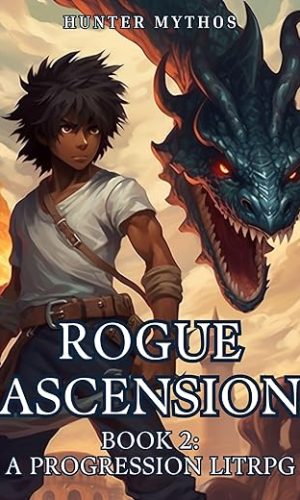
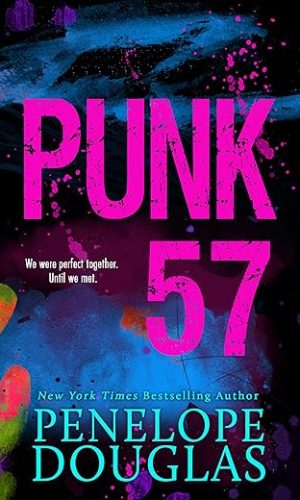
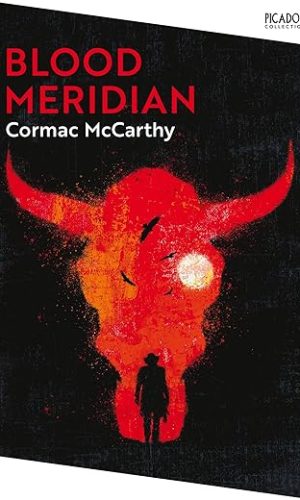
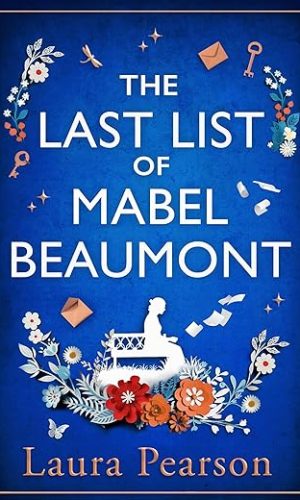


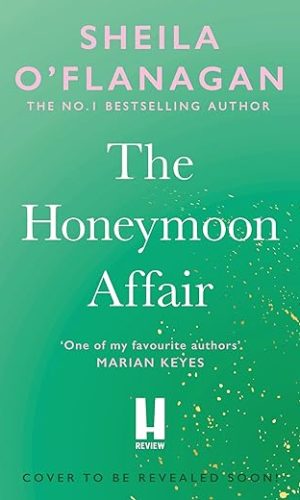
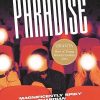
by TheseHauntedPages
Housed within the walls of the Paradise Cinema is a group of young misfits who do what they can in order to survive mistreatment and minimum wage.
They take it upon themselves to sneak in the building after hours to watch movies, take drugs and pocket whatever items customers may have left behind.
The author cleverly gives the sense of entrapment within the walls of the Paradise although each character can come and go as they please.
I liked that each chapter was set out with a film title and enjoyed reading about the lengths that the intially shy character Holly would go to in order to fit in.
Children of Paradise tackles the underlying issues of isolation, conformity, consumerism and capitalism whilst being an engaging read.
by Izzielickedabee
Known for her unnerving short-story collection The Doll’s Alphabet, this is Camilla Grudova’s debut novella. Grudova draws from her experiences after she left Canada for Scotland. Settled in Edinburgh, she worked as an usherette at the Cameo, an indie cinema later gobbled up by a large, money-grubbing corporation. From the nod to Marcel Carné in the title, onwards, this is saturated in film and film history, overflowing with references to classic films and actors. It’s narrated by Holly who, like Grudova, loves clowns and Chaplin. Holly takes a job at the Paradise cinema, once shiny and glorious, it’s now dilapidated and struggling. At first Holly’s snubbed by the rest of the staff but soon becomes part of their cultish. misfit band, spending her days and nights in their company. They scour the aisles for discarded money and drugs, and set up their own, after-hours film shows. They endure the sordid antics of customers, cleaning up the various bodily fluids that routinely coat the seats, unclogging the overflowing toilets and cleaning the rat-infested popcorn machine. Together they form a kind of society in miniature, away from the wider world, like the children in Cocteau’s Les Enfants Terribles or the characters in Bertolucci’s The Dreamers; subject only to the whims of manager Sally who seems to have stepped out of a frame from Sunset Boulevard. They live on minimum wage, scrounging and hustling to stay afloat but when the owner of the Paradise suddenly dies and the Paradise is taken over by a soulless chain, it becomes clear their sordid, shabbily-decadent existence was an idyll, a time of lost, fragile pleasures.
Grudova’s piece is atmospheric and unsettling, with a slightly gothic tinge, perhaps why she’s been compared to authors like Angela Carter. Her story’s richly detailed, highly visual in quality, unfolding in a leisurely yet gripping manner, gradually moving into slightly surreal, nightmarish territory, making me wonder if she’s also been influenced by writers like Bruno Schulz. The cinema itself is a major character here: its faded but extravagant interior housing a haunted, sinister space, rather like the ballet school in Argento’s Suspiria or The Overlook Hotel in The Shining. A place that bears the traces and scars of terrible events and hints at more to come. A fascinating story and an impressive take on contemporary capitalism and conformity. Although there are points when this falters, it still completely captured my attention from start to finish.
by marjorie mallon
I listened to this on audible. It’s unlike anything I have heard, or read before. It’s dark humour set in a dingy cinema, narrated by a female employee who tells the tale of the ailing Paradise. The misfit employees who work there live and breathe films. Their lives play out within its walls and even when they do meet outside in a similar manner they watch films too. There is no escaping! Therefore the tale has a claustrophic aspect to it as there is no escaping the cinematic aspect of their lives. There are sexual encounters, grotesque happenings and even deaths in the cinema. Also there are some stunningly imaginative passages. All the characters who inhabit the cinema, (both the misfit employees and the cinema goers,) are at times sordid, disgusting and grotesque. So, this won’t be for everyone!
Triggers: abortion, sex, filth.
A difficult one to rate. I don’t think I will forget it in a hurry. Did I like it? In truth, I wouldn’t have chosen to read this normally but it was book club pick at Edinburgh Stockbridge book club so I gave it a go. On the whole, I appreciated it for its wild imagination, and strange weirdness.
by Ninaminacat
Life as an employee at the antiquated Paradise cinema is vividly recreated in this novel which begins with the female narrator (who may, or may not, be called Holly) spotting “We’re Hiring” sign on the doors as soon as she arrives in town. As a reader I was sucked into the Paradise just as surely as “Holly” was, vicariously feeling her dismay at the lonely life she is leading with little contact with her fellow workers. I was as delighted as she was when she is finally accepted into their number and joins them in making the Paradise – and the watching of films – her whole world.
The characters are quirky and unique but I could imagine them working in this old fashioned, rather decrepit environment. There are occasional hints that the Paradise may have some darker aspects but it’s only when the cinema owner dies that the noir comes to the fore, making the book creepy and ever more compelling. I absolutely loved it!
by Bridget Walsh
I loved reading about the characters who work at The Paradise Cinema. Their lives are caught up in a timeless world, and the chapter headings , film titles and dates, refer back to the historical and modern films shown in the cinema. The lives of the workforce become more and more anarchical and the reader gets drawn right into their lives. Excellent!
by Kadd123
This book won’t be to everyone’s taste, it’s disgusting, weird and I loved it, I couldn’t put it down and was hooked from the first page
by Elizabeth Ducie
I struggled with this book. It is obviously well-written and the author’s knowledge of cinema and cinematic history is encyclopedic. It is at times very funny, at others grim, sad or just plain nasty. Readers of this genre will love it.
by Karen Vincent-jones
Good evocation of the most squalid cinema in the world, and the ill-assorted staff who work there. You do wonder why they don’t just leave.